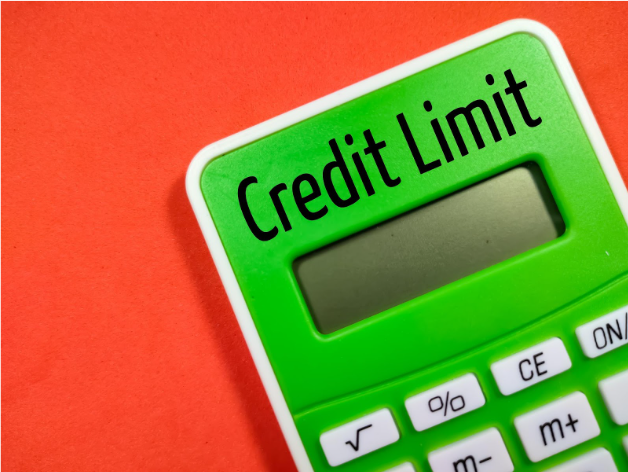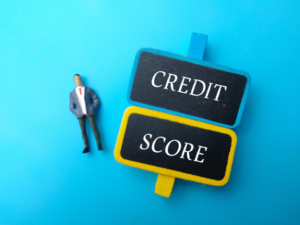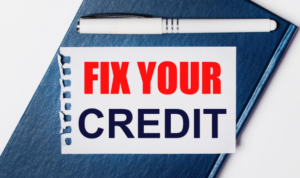
Everything You Should Know About Credit Limit
A credit limit is the maximum amount you can spend on your credit card. It is set by your card company based on your financial information e.g. income and credit score. A higher credit score and stable income will get you a higher limit. You should keep your spending below 30% to keep your credit score in good standing.
How Credit Limits Are Set
Credit card companies check your credit score and credit history. When you have a high score and a good history, it means you know how to manage debt well, so companies will offer you a higher limit. They will also check your income to ensure you can pay back what you borrow.
The Importance of Credit Limits in Financial Health
Your credit limit helps in determining your credit utilisation. When you keep your credit utilisation low, it is good for your credit score. For example, if Angela has a $5000 credit limit, she should not use more than $1500, which means she is within the 30% threshold. This percentage is key when Angela wants to get loans or more credit in the future. So, a higher credit limit can be helpful for Angela, but only if she doesn’t max it out.
How to Increase Your Credit Limit
If you would like to boost your credit score, you need to use your credit card wisely. Angela used to have a low credit score but she started making some new changes as regards the use of credit. She pays her bills on time and tries to keep her spending low. After some time, she started seeing her credit score increase and her credit limit too. If your credit limit doesn’t increase after doing the needful, you can ask for one.
You can check your card’s website or app; there might be a simple form to fill out. Or, you could call them. When you ask for an increase, they might look at your credit score again, so be ready. Sometimes, they’ll want to know why you want more credit. Be honest but also think about what they want to hear. When you have more credit, it means you can spend more, but it’s not an excuse to overspend.
Credit Limit Increases: Pros and Cons
Increasing your credit limit can have both good and downsides. A higher limit can lower your credit utilisation ratio. This can make your credit score better because it will show you’re not using all the credit available to you. So, when you have emergencies, you can have something to depend on.
However, there are some downsides too. More available credit might tempt you to spend more, and could lead you to debt if you’re not careful. Also, when you ask for a higher limit, your credit card company might do a hard check on your credit report, which can also drop your credit score a bit.
So, you should think about why you want a higher limit and if you can handle the responsibility that comes with it.
Credit Limit and Credit Score Decrease

Sometimes, your credit card company might lower your credit limit. They might see something in your credit report that worries them, like late payments or a lot of debt. Or, if you’re not using your card that much, they might reduce your limit.
A lower limit can make your credit use ratio go up, which can lower your credit score.
If this happens, don’t panic. First, check your credit report for any errors and fix them. Then, you can try talking to your credit card company. Ask them why they lowered your limit and if there’s a way to get it back up, especially if your financial situation is stable.
Also, keep using credit wisely. Pay your bills on time and try to keep your balance low.
Managing Multiple Credit Cards and Their Limits
Each card has its limit, and together, they add up to your total credit available. Using a small part of each card’s limit can help keep your total credit utilisation low, which is good for your credit score.
However, more cards mean more bills and due dates to remember. To stay organised, you might want to set up reminders for due dates or even automatic payments for the minimum amount due.
Credit Limit vs. Available Credit
Your credit limit is the total amount you’re allowed to borrow on a credit card. Available credit, on the other hand, is how much you can spend right now. It’s your credit limit minus what you’ve already spent and any pending charges.
You need to keep track of both your total credit limit and available credit on each card, it can help you use credit wisely, avoid overspending, and maintain a good credit score.
Maxed-Out Credit Limits
To avoid maxing out, keep an eye on your spending and try to pay more than the minimum due. Budgeting can help you spend within your means. Also, setting alerts for when you reach a certain percentage of your credit limit can be a good reminder to slow down on spending.
If you’ve maxed out, try to pay down your balance as soon as you can.
Conclusion

Are you dealing with too much debt? Do you know someone who needs urgent help to get rid of debt and collection calls? Speak with one of our debt experts at EmpireOne Credit to get the best debt relief option that would suit your situation. Your debt can be reduced by up to 80%, and interest will stop immediately. Call us at (416) 900-2324 to schedule a free consultation with us. Being debt-free feels good!





